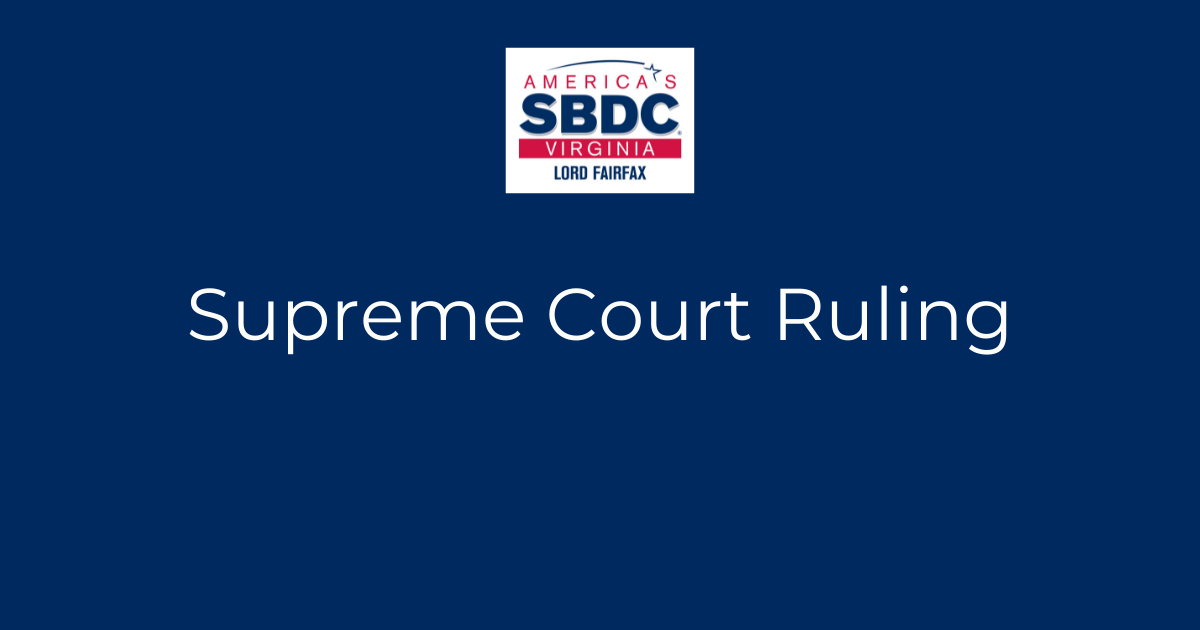
For our friends in the LGBTQ community, today’s Supreme Court ruling is a landmark moment.
To fire an employee simply for being lesbian, gay, bisexual, transgender or questioning (LGBTQ) is now a violation of Title VII of the Civil Rights Act of 1964.
The Supreme Court ruled that federal anti-discrimination laws protect LGBTQ employees
This decision was written by one the court’s most conservative justices, Justice Neil Gorsuch, President Donald Trump’s first nominee to the court.
The court made this decision by a 6-3 vote with Justices Samuel Alito, Brett Kavanaugh and Clarence Thomas voting against the decision.
“An employer who fires an individual for being homosexual or transgender fires that person for traits or actions it would not have questioned in members of a different sex. Sex plays a necessary and undisguisable role in the decision, exactly what Title VII forbids,” Justice Neil Gorsuch wrote for the court.
“The Court tries to convince readers that it is merely enforcing the terms of the statute, but that is preposterous. Even as understood today, the concept of discrimination because of ‘sex’ is different from discrimination because of ‘sexual orientation’ or ‘gender identity,'” Alito wrote in a dissent that was joined by Thomas.
“The court has previously stated, and I fully agree, that gay and lesbian Americans ‘cannot be treated as social outcasts or as inferior in dignity and worth,’ ” Kavanaugh wrote, quoting a previous case.
Kavanaugh added, “Our role is not to make or amend the law. As written, Title VII does not prohibit employment discrimination because of sexual orientation.”
Court’s first cases on LGBTQ rights since 2015
Today’s cases were the court’s first on LGBTQ rights since Justice Anthony Kennedy’s retirement and replacement by Kavanaugh. Kennedy was author of the landmark ruling in 2015 that made same-sex marriage legal throughout the United States.
In recent years, some lower courts have ruled that discrimination against LGBTQ employees is prohibited by federal law.
So far, Congress has not been able to change the law.
Two of the three cases today involved gay men fired by their employers — Bostock v. Clayton County, Georgia, and Altitude Express v. Zarda.
The third case heard by the high court on October 8 and argued separately — R.G. & G.R. Harris Funeral Homes v. EEOC — involves a transgender Michigan woman, Aimee Stephens, dismissed from her job as a funeral director after she announced plans to transition. Tragically, Stephens, who was 59, died on May 12, just weeks before the ruling came down.
Today’s Supreme Court ruling will impact federal civil rights laws pertaining to sex discrimination in education, health care, housing and financial credit. Lawsuits currently pending in lower courts are required to follow Supreme Court precedent.
As our country moves forward, there are an estimated 8.1 million LGBTQ workers across the country impacted by today’s decision. And while most states have not provided workplace protection in the past, Virginia is a most recent state to enact full protection against employment discrimination for LGBTQ people.
According to the Williams Institute at the UCLA law school, there are an estimated 13 million LGBTQ people ages 13+ living in the U.S.
(Excerpts from AP, Washington Post and USA Today)







